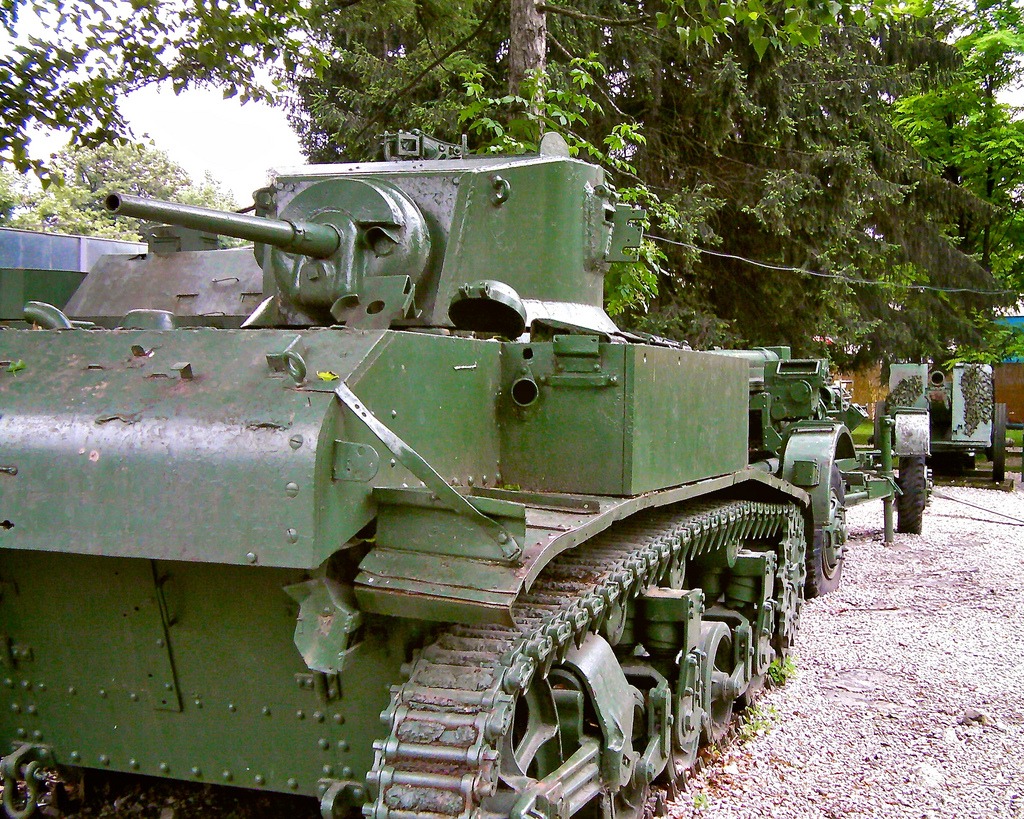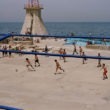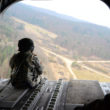Back in 1996, shortly after the end of the war in Bosnia, New York Times foreign affairs “sage” Thomas Friedman posed this question in his column: “What does Bosnia need today if it is going to be stabilized?”
The answer, according to Friedman’s calculations: “Bosnia needs big tanks, big roads, and Big Macs.”
To be sure, the vision of tank-based corporate conquest is of a piece with the variety of neoliberal plunder that Friedman has devoted much of his career to championing. And while the Bosnians took their sweet time getting into the Big Mac game—it was not until 2011 that the country’s first McDonald’s opened in Sarajevo—the location of this particular McDonald’s on none other than Marshal Tito Street is certainly the stuff of Friedman’s wet dreams. Another spike in the coffin of Communism.
Following Ronald McDonald’s triumph over the iconic Yugoslav leader, then, did stability immediately begin to emanate along with the French fry grease?
As anyone not blinkered by neoliberal, capitalist doctrine might expect, the corporate globalization process in Bosnia has entailed a fair amount of human misery. And although the apologists for global capitalism will continue their efforts to silence naysayers with lofty illogic, the fact remains that it simply is not good for the average human being when the needs of foreign investors are made paramount and basic existence is rendered financially prohibitive.
Following Ronald McDonald’s triumph over the iconic Yugoslav leader, then, did stability immediately begin to emanate along with the French fry grease?
On a flight to Sarajevo earlier this year, I was seated next to two Turkish businessmen who interrupted their high-decibel discussion of investment opportunities in Bosnia exactly once: when a glance out the window prior to landing evoked a comparison of a certain Turkish landscape to the verdant hills below.
Incidentally, “available natural resources and beauties” is listed on the website of the Foreign Investment Promotion Agency of Bosnia and Herzegovina (FIPA) as one of the answers to the question “Why Bosnia and Herzegovina?” Among the nation’s numerous other offerings and perks are “strategic location,” “abundance of industrial zone [sic] . . . and available production facilities,” “favorable legal environment,” “low tax rates,” and “regional and bilateral Free Trade Agreements.”
Not to be left out, of course, is Bosnia’s “highly educated and price competitive labor force”—a phrase from the neoliberal lexicon that essentially translates to “will work for peanuts.” Incidentally, the Golden Arches appear to the side of FIPA’s website checklist as one of a rotating series of corporate logos.
So how’s this working out?
While the average salary for government officials is more than $3,000 per month, common workers average just over $400—and these, it turns out, are the relatively fortunate folks, seeing as the official unemployment rate is over 40 percent. Youth unemployment, meanwhile, is almost 63 percent, the highest official youth unemployment rate in the world. According to the World Bank’s most recent national household budget survey, Bosnia’s national poverty rate was almost 18 percent in 2011, and more than one Balkan observer has lamented the not uncommon sight these days of elderly Bosnians digging through rubbish bins in search of food.
Then there are the people who work and don’t get paid. Bosnian analyst Lana Pasic explained in a recent essay:
Industry in Bosnia and Herzegovina was doing well before the war, but after [the] Dayton [Accords that ended the conflict], formerly state-owned and worker-managed companies were privatized, often for little money. The privatization phenomenon changed the rules of the game, and poor management also resulted in the failure of the factories to contribute to the pensions and health insurance for the workers, who have, due to legal requirements, remained in their jobs for years, but without pay.
How, then, does one confront the challenge of survival in present-day Bosnia?
According to a middle-aged couple I befriended during my two-week stay in Sarajevo, there were only two choices that made economic sense: “Either you become a politician or you leave the country.” The couple’s own personal preference would have involved a return to Yugoslavia and socialism—because, they claimed, “in Yugoslavia we didn’t know what hunger and homelessness meant.” But this option, they said, would have to remain in the realm of nostalgic fantasy given its incompatibility with the enrichment schemes of the economic elite.
Regarding the political landscape, a 2014 New York Times opinion piece marveled (sarcastically) at the fact that a country smaller than West Virginia had managed to accrue “142 municipalities, two highly autonomous entities, 10 cantons, a special district, a national government and an internationally appointed high representative to oversee them all.” What this perversely stratified arrangement boiled down to in terms of physical bodies was “approximately 180 ministers, 600 legislators and an army of about 70,000 bureaucrats.” As of 2010, the cost of running the whole bureaucratic monster was reportedly approaching 150 euros per second.
Furthermore, corruption reigns, and there is apparently little public revenue to spare for decent health care for the non-elite masses, to give just one example of inequality.
Now, wait a minute, you may be saying. While the Bosnian state might not be topping any lists of exemplar governing models, surely anything is preferable to the state of war that devastated the territory for nearly four years.
In fact, there are other less physically destructive varieties of war that can nonetheless inflict a great deal of damage upon societies. In an op-ed for Al Jazeera English, Pasic describes a “systemic institutional violence” that has prevailed in Bosnia since the 1990s, in which “all levels of government have shown utmost insensitivity to the social and economic destitution of citizens, youth, and particularly marginalized social categories.” Bombs are not the only way to tear communities apart.
Over a soup dinner one evening with the couple from Sarajevo and their young daughter, the woman told me that, though they felt guilty about admitting it, “we often think that we were happier during the war.” The husband had fought on the front lines around Sarajevo; the wife had volunteered with an ambulance corps. Objectively, things had been terrible, and death was an ever-present possibility, but, they said, there was at least a sense of solidarity conspicuously absent today. Nowadays, people are so busy trying to survive on their own that there is no time for anyone else.
They conceded, however, that there is still a good bit of solidarity to be found within the political class—who behind a façade of ethno-nationalist fear-mongering happen to be rather united in screwing over the general population.
The blame for this state of affairs, the Times piece points out, has much to do with the Dayton Accords negotiated “under the shadow of [American envoy] Richard C. Holbrooke,” which amounted to “a deal . . . worked out among the nationalist leaders who had conducted the war and who made sure they could retain the spoils.”
As Jasmin Mujanović, then a visiting scholar at Columbia University, wrote in 2014: “At no point have the international architects of peace in [Bosnia] expended any serious energy to include ordinary citizens, students, workers or pensioners in the reforms which European and American diplomats insist the country requires.” Instead, what they’ve done is to help “cement . . . the oligarchs in their posts.”
Regular influxes from the International Monetary Fund and likeminded entities have done their part in cementing neoliberal reforms in place. Another IMF loan of more than 550 million euros was approved in September; according to an IMF press release, the massive funds will be destined for activities like “rais[ing] growth potential and boost[ing] private sector employment by intensifying structural reforms that improve the business environment and attract investment.”
In other words, the Big Mac model lives on.
Meanwhile, other helpful contributions from abroad over the past few decades have included U.S. funding and arms for foreign jihadi participants in the war in Bosnia. The upshot on that front is that the same people who brought us the Golden Arches also brought the template for globalized jihad—and as fate would have it, Bosnia is now one of many recruiting grounds for ISIS and other outfits.
Perhaps Friedman would like some fries with his order.
Belén Fernández is the author of The Imperial Messenger: Thomas Friedman at Work, published by Verso Press.







0 Comments